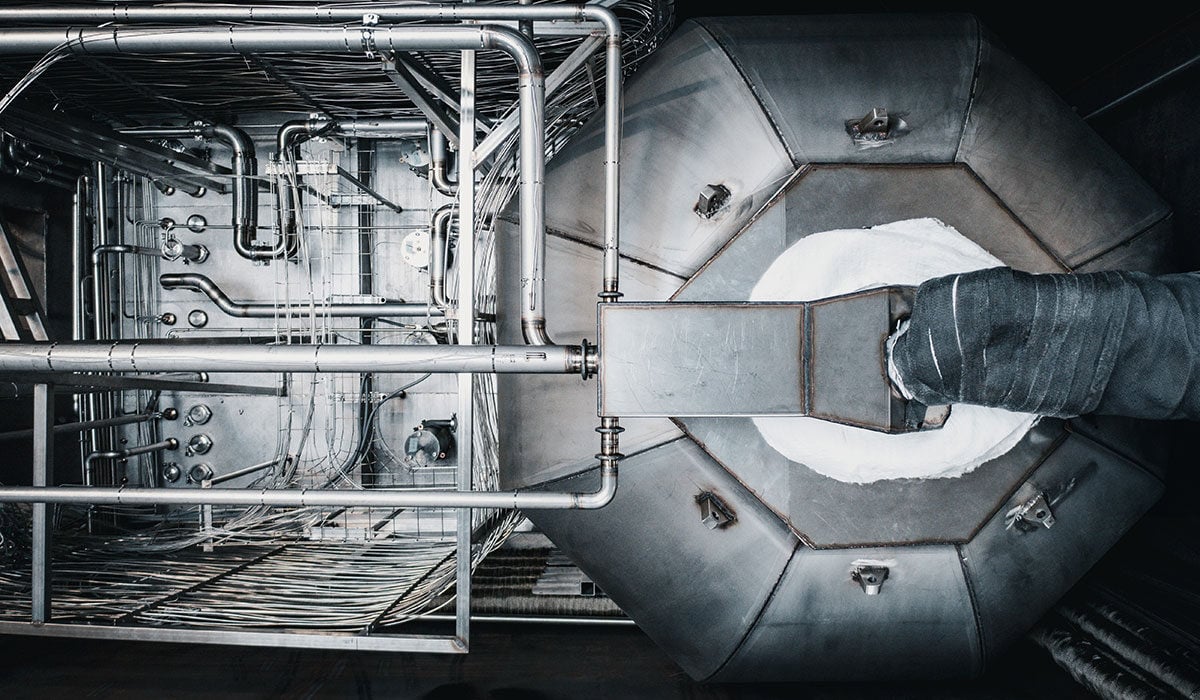Copenhagen Atomics collaborates with Paul Scherrer Institute for critical experiment

July 1st, 2024
Copenhagen Atomics is pleased to announce a significant collaboration with the renowned Paul Scherrer Institute (PSI) in Switzerland. This partnership marks an important step in our journey to advance nuclear energy with our innovative thorium molten salt reactor technology. Scheduled for 2026, the critical experiment at PSI's facilities will be a key milestone for both our company and the European nuclear sector.
Why is this experiment so crucial? It’s simple: validation and proof. At Copenhagen Atomics, we’ve spent nearly a decade perfecting our thorium molten salt reactors, and now, we are ready to test them in a real-world setting. The data and insights gained from this experiment will confirm the accuracy of our reactor design and simulations, moving us closer to commercial deployment.
This project is the first thorium molten salt critical experiment to be conducted in Europe, highlighting its groundbreaking nature. The experiment will provide crucial data and experience in the design, construction, licensing, operation, and decommissioning of molten salt reactors. These findings will help ensure our reactors behave as expected, are efficient, and are ready for widespread use.
PSI’s extensive experience in nuclear research and its advanced Hot Cell Laboratory will be instrumental in this collaboration. By working with PSI, we aim to gain comprehensive insights into every aspect of reactor operation, ensuring our designs are robust and reliable.
Marco Streit, Head of PSI Hot Laboratory, expressed his support: "We’re excited to work with Copenhagen Atomics to demonstrate the feasibility of their reactor technology. This experiment is a critical step towards new advancements in nuclear energy."
Our molten salt reactors use lithium, thorium, and low-enriched uranium fluoride salt as fuel. Designed to be modular and scalable, these reactors can fit into standard 40ft shipping containers, making them versatile and cost-effective, with a target Levelized Cost of Electricity (LCOE) of $20 per MWh. The reactor will be built in Copenhagen before being transferred to the test site at PSI. After the test, the reactor, fuel salt and heavy water are expected to be transferred back to Copenhagen to undergo evaluation studies. Thus, this collaboration is crucial for proving that our design functions as intended and is able to be easily deployable.
This collaboration will help position Europe as a leader in advanced nuclear technology over the next four years. We are committed to developing clean, affordable, and reliable energy solutions, and this experiment is a vital step towards achieving that goal.
